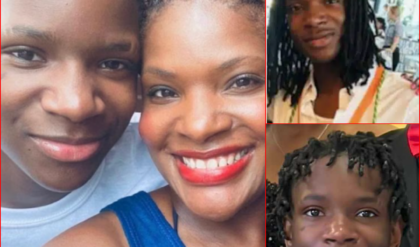When Dark Souls II was released, it was met with mixed feelings from the fanbase of FromSoftware’s Soulsborne series, which includes Elden Ring. Fans of the original Dark Souls and Demon’s Souls were excited yet apprehensive. The game brought some new ideas and mechanics to the table, but not all were welcomed happily.
But as time has gone by, people have returned to the game and realized that despite a few small issues here and there, the game is pretty great, and was a big innovator in terms of what came after it.
After Elden Ring, Fans Come Back to Dark Souls 2
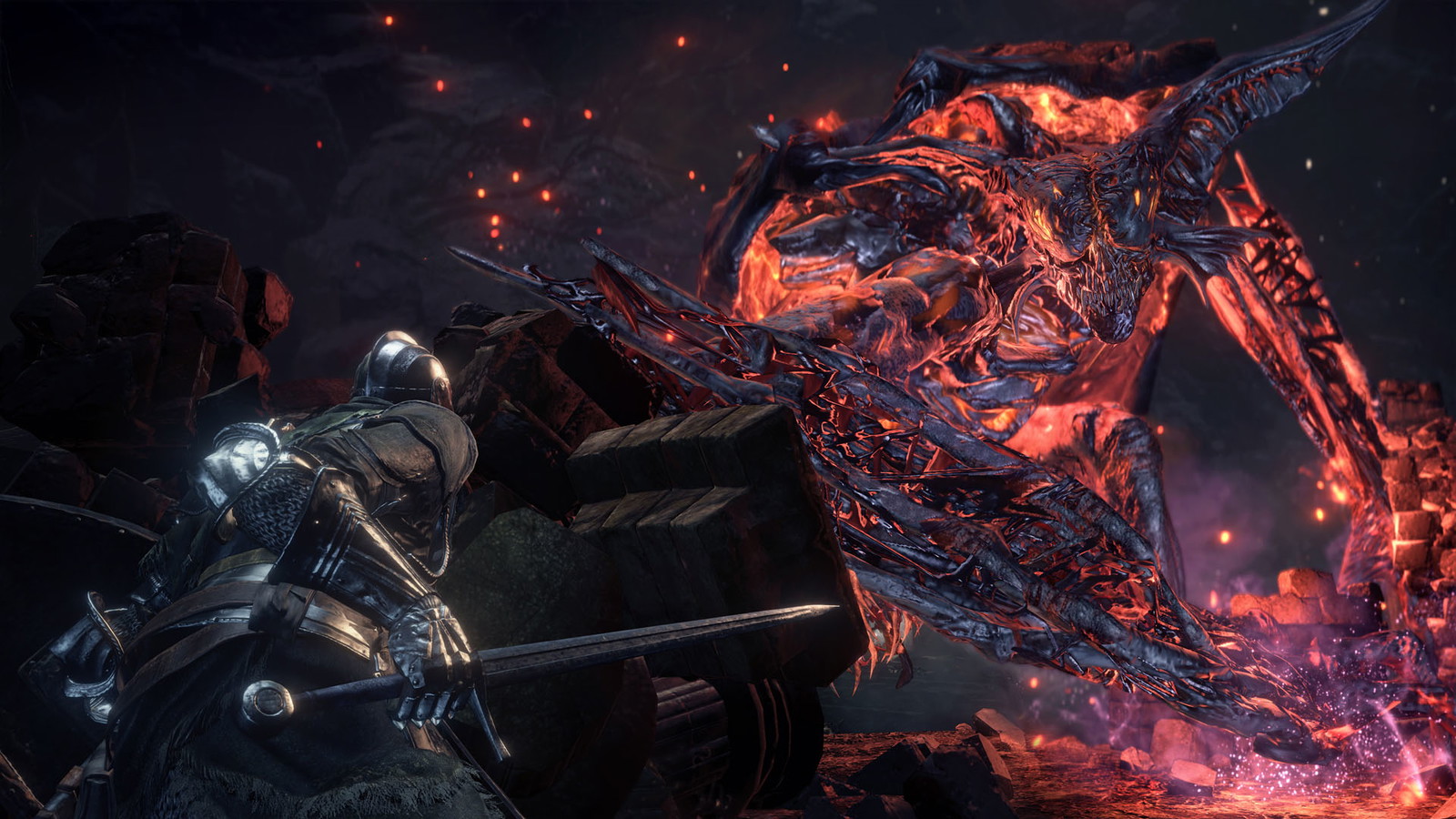
⛶
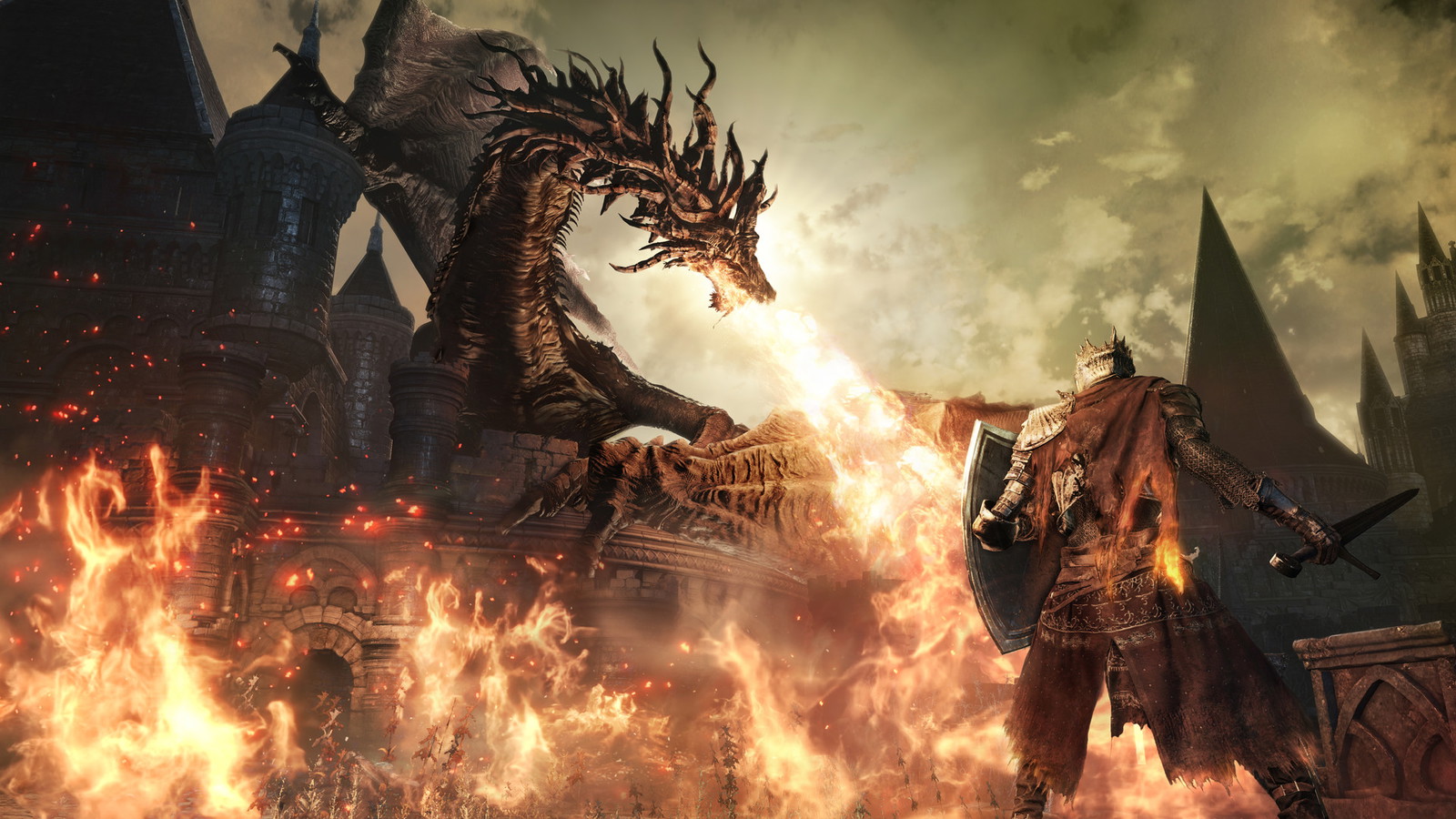
⛶
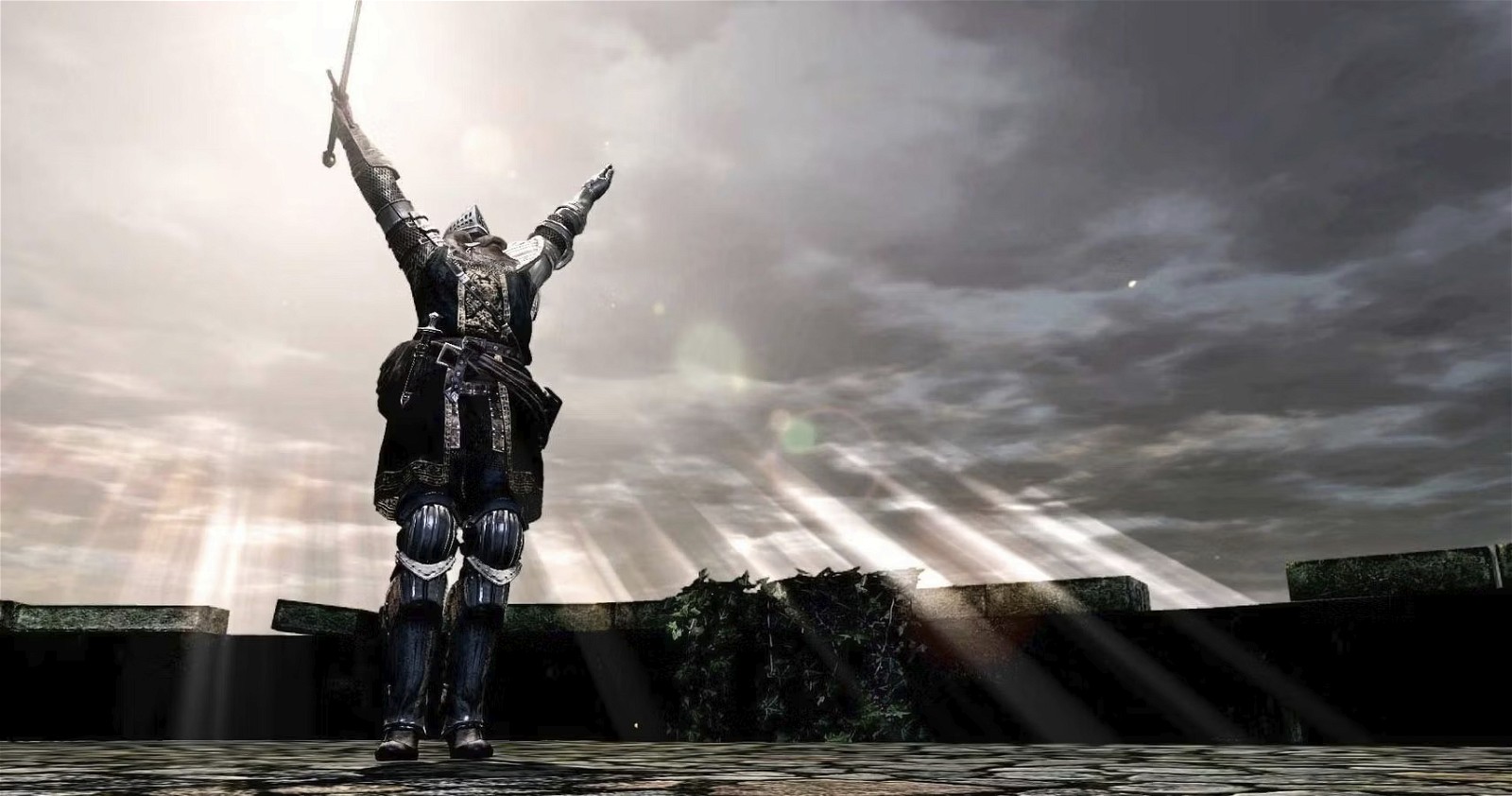
⛶
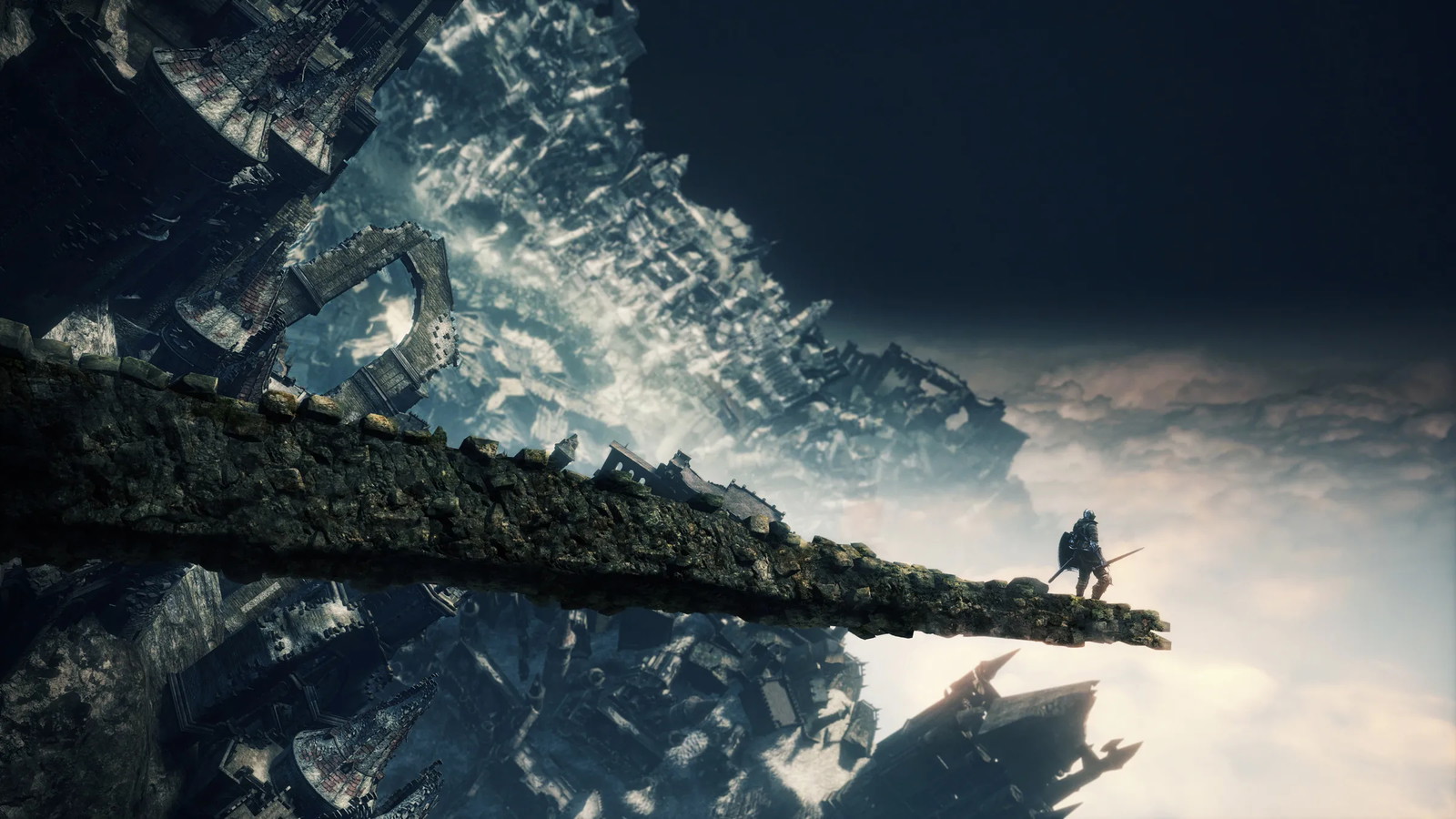
⛶
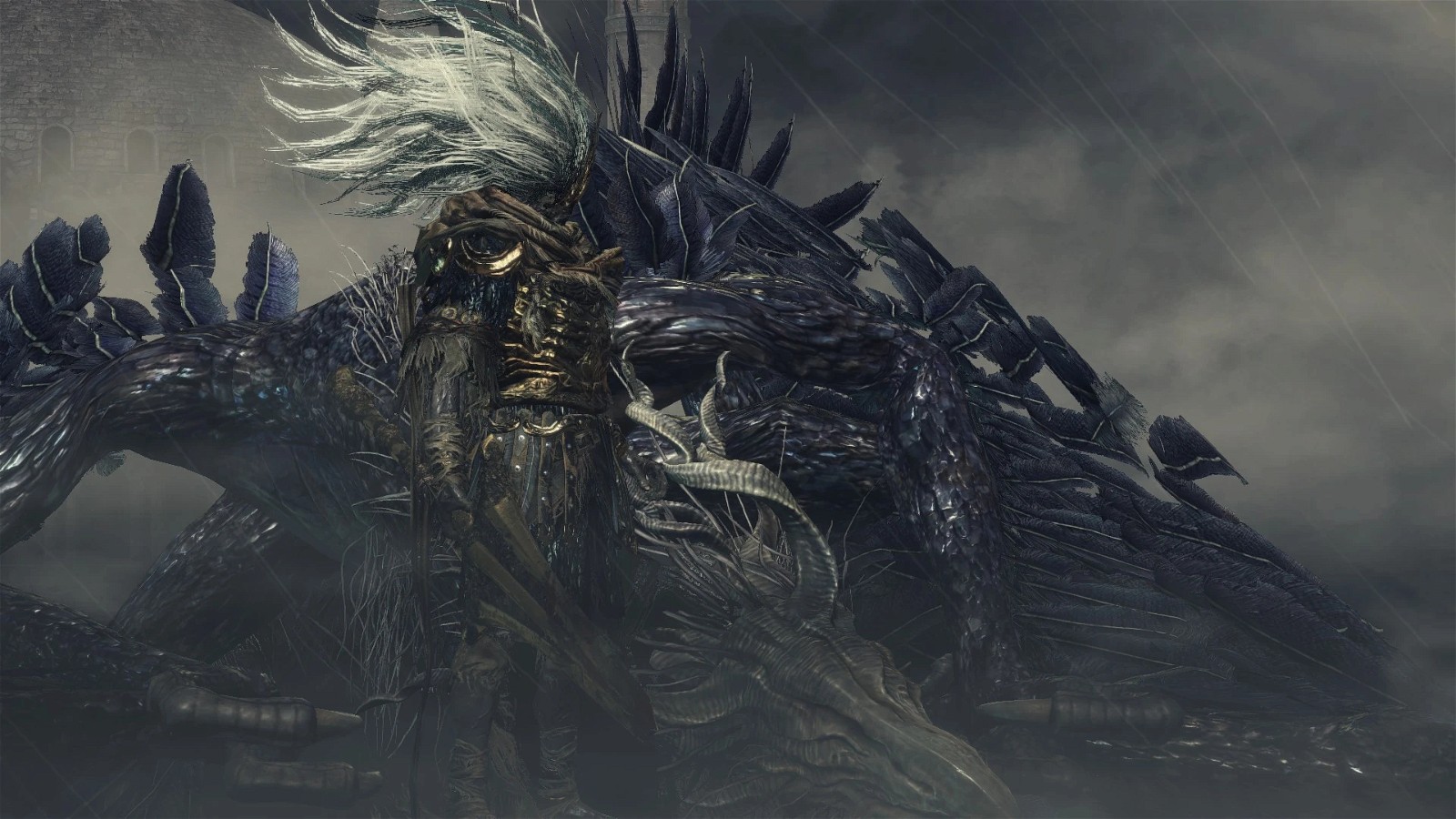
⛶





In a thread on r/Games where a user asked others about which game that is considered the black sheep of their franchise is actually very good, and a lot of users praised Dark Souls 2 for what it was.
The atmosphere and exploration in the game are usually highlighted as some of its strongest points, according to the users. The game’s world is big and varied, with each area offering a distinct visual experience. The sense of discovery is great too, and the game encourages players to explore every nook and cranny.
Build variety is another area where the game shines, according to another user. While Dark Souls III and Elden Ring offer a plethora of weapons and spells, Dark Souls 2 allows for a more diverse range of character builds according to them.
On top of all this, the game’s length and the amount of content available, even more so with the three DLC expansions, are often praised, giving players plenty of game time.
Even the game’s controversial hitboxes and clunky early-game feel have found some defenders among the gaming community. While these aspects can be frustrating for some, they also add a sense of unpredictability and challenge that some players have definitely come to appreciate.
Why Some Purists Didn’t Like Dark Souls 2
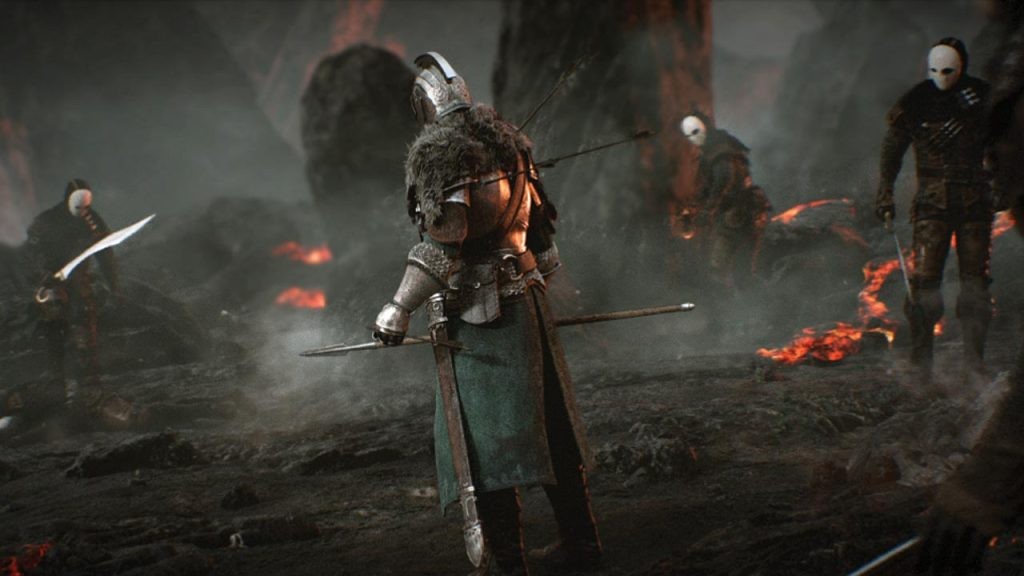 Dark Souls 2 is getting some much-needed love. Image via FromSoftware.
Dark Souls 2 is getting some much-needed love. Image via FromSoftware.
One of the significant issues at launch was the game’s design choices regarding enemy placement and level layouts. Many players felt that the enemy placements were unfair, leading to frustrating and seemingly unavoidable deaths due to the randomness involved.
The level designs also seemed less cohesive compared to the tightly interconnected world of the first Dark Souls, which offered plenty of freedom of traversal. This shift in design philosophy left some fans feeling disconnected from the experience they loved in the previous title, and just wanted more of the same thing.
The health penalties were another point of contention. This new mechanic affected and reduced the player’s health bar every time they died, similar to Demon’s Souls. Many players found it confusing and very annoying and felt it added unnecessary difficulty, detracting from the core combat mechanics.
The game may have been considered the black sheep of the Soulsborne series when it was released, but it has since carved out its own fanbase within the community.
The game’s unique innovations and contributions to the series have been recognized and appreciated over time. The influence of Dark Souls 2 can definitely be seen in later titles like Dark Souls 3, Bloodborne, and Sekiro as well.
How do you feel about Dark Souls 2 more than a decade after its release? Let us know in the comments.





